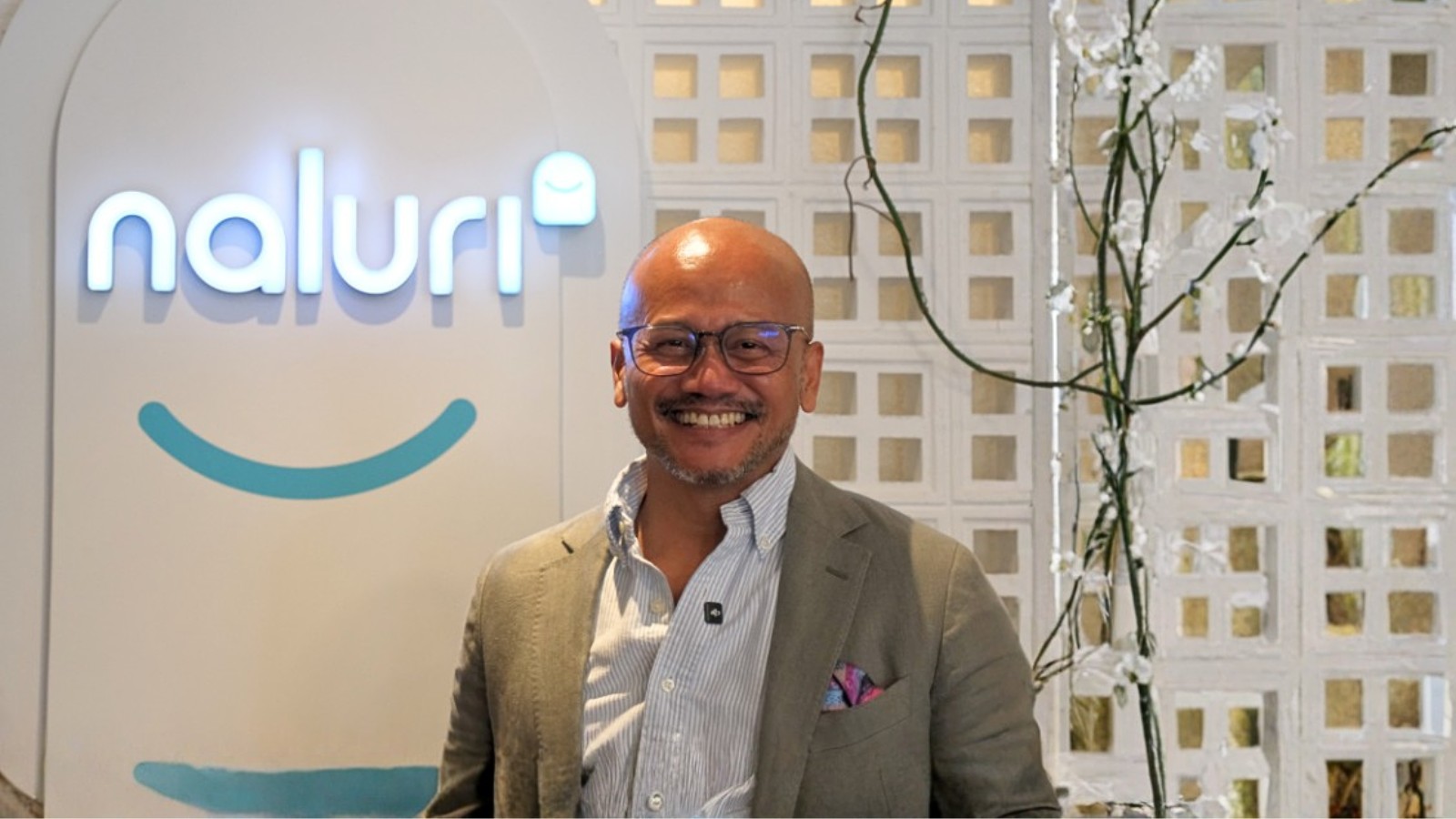What is a Startup?
A startup is a new business venture, typically initiated by an entrepreneur or a small group, with limited initial capital. The primary aim is often to develop a specific product or solution for a large and rapidly expanding market. Startups are frequently found in the tech industry due to its emphasis on innovation. According to the global job search website Indeed.com, common characteristics of startups include:
- Passionate and dedicated employees: A workforce deeply committed to the company's vision.
- Unconventional structures: Flexible business hours and non-traditional reporting hierarchies.
- Dynamic growth: Starting small but with consistent expansion.
- Equity potential: Lower initial salaries compensated by the opportunity for employee stakes.
- Defined lifespan: The venture has a set business process.
Kuala Lumpur, Malaysia, has been recognized as a leading emerging startup ecosystem, ranking 18th globally in the 2025 Global Startup Ecosystem Report (GSER) by Startup Genome.This rise reflects national progress in performance, funding, talent development, and market reach, with market reach being a key contributor due to local startups' growing international penetration.
Startups vs. Big Tech: Naluri’s CEO Reveals Where the Real Growth Happens
.png)
Azran Osman Rani, CEO of Naluri, is no stranger to building ventures from the ground up. He served as the founding CEO of AirAsia X Berhad, guiding the airline from its inception to a successful IPO in just six years. Additionally, he co-founded and spearheaded the global expansion of iflix, an internet video-on-demand service, across 20 countries. As someone who comes from a startup background, he shares with /ignitio, why tech candidates should consider joining a startup company instead of a big tech firm.
1. You Can Debate with Your Boss
In a startup company, a 25-year-old software engineer can easily approach colleagues, even senior ones, in informal settings like a lounge or kitchen to discuss a new or "crazy" idea. This open dialogue and debate, regardless of hierarchy, is a significant difference from larger organizations where such direct communication about decisions from the top is often not possible. This accessibility and free exchange of ideas are a key aspect of our company culture.
Azran encourages spontaneous open discussions, stating, "You just grab me at the lounge or at the kitchen and say I've got this crazy idea and you can debate about it." He contrasts this with big company environments where employees "have no idea where the decisions are coming from the top and you just told them to do the job."
2. Chances to Try Something Different
Startups encourage a culture of experimentation and are willing to approach tasks differently. Unlike larger corporations where new initiatives often require extensive approvals and reviews focusing on potential risks and business continuity, startups empower team members to try new approaches. This agility allows us to quickly test ideas and determine their effectiveness. The alternative, a cumbersome multi-layered approval process, often discourages innovation, leading to a preference for maintaining the status quo.
How Naluri Keeps Its Team Aligned and Energized
.jpeg%20(Team%20Naluri.%20Image%20credit_%20Naluri).jpeg)
In startups, team unity is key for success. It encourages new ideas, problem-solving, and quick decisions through good communication and trust. This helps teams bounce back from problems, learn faster, and adapt to change, ultimately helping them shape the future.
Azran highlights 2 key practices at Naluri that foster a culture of continuous communication and strategic reflection:
- Daily Stand-up Meetings: Azran and the Naluri leadership team conduct a daily 9:00 AM stand-up meeting. These virtual meetings, held regardless of location, serve to share information, connect ideas, and maintain awareness, rather than for micromanagement. The team discusses daily priorities and challenges, offering suggestions and insights.
- Weekly Reflection and Decision-Making: To ensure ongoing progress and adaptability, the team dedicates time each week for reflection and decision-making. This proactive approach helps them track progress, identify areas for improvement, and stay informed about external market conditions more frequently than through annual planning or quarterly reviews alone.
Azran believes that, through these simple yet powerful routines, Naluri turns communication into connection and reflection into growth — proving that consistency, not intensity, is what sustains high-performing teams in a fast-changing world.
.png)
Azran: Curiosity and Purpose Define the Best Talent
In his evaluation of potential candidates, two qualities consistently stand out as paramount: curiosity and purposefulness. These aren't merely desirable traits; they are considered fundamental drivers of success and growth within the team and the organization.
Cultivating Curiosity: A Foundation for Growth
At all levels, Azran values curiosity. This means actively seeking to understand by asking more questions rather than simply directing team members. By utilizing open-ended questions, I encourage reflection and diverse perspectives.
Furthermore, I prioritize hiring employees who embody this spirit of inquiry. I seek individuals who are open to new ideas, eager to experiment, and continuously learning, rather than those who are content with maintaining the status quo from Monday to Friday.
Turning Purpose into Progress
Purposefulness, on the other hand, refers to the clarity of intention and the drive to achieve meaningful outcomes.
Azran also stated that their purpose is driven by a mission to transform the market. This goes beyond just earning revenue or making a profit; it's about introducing something entirely new that doesn't exist today. The broader mission at Naluri is to make mental healthcare more accessible to Southeast Asians. They envision a future where mental healthcare is a standard, insurable service, with insurance providers readily covering the costs. This would be a tremendous step forward in improving access to mental healthcare.
Together, curiosity and purposefulness create a powerful combination. Curiosity provides the tools for exploration and discovery, while purposefulness provides the direction and drive to effectively utilize those tools for meaningful achievement.









